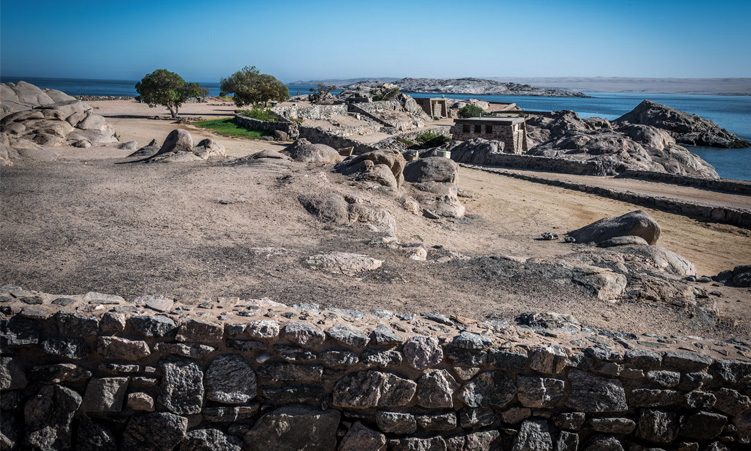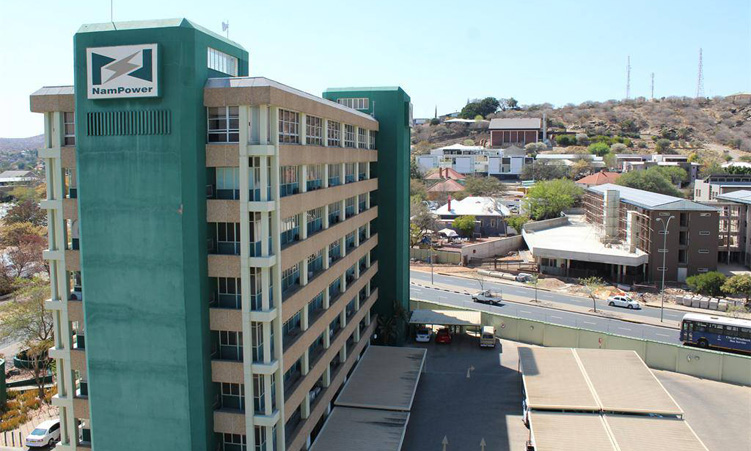The powerful Organisation of the Petroleum Exporting Countries (Opec) and its allies, known as Opec+, on Sunday said it would make no changes to its planned oil-production cuts for this year, but coalition chair Saudi Arabia announced further voluntary cuts.
This has led to fears that if further cuts are introduced by Saudi Arabia, it could hike global prices.
Opec+ also announced in a statement that it will limit combined oil production to 40 463 million barrels per day from January to December 2024.
According to a CBNC report, Russia’s deputy prime minister, Alexander Novak, on Sunday said all voluntary cuts, which were initially set to expire after 2023, will now be extended until the end of 2024.
The move by the 23-country alliance follows contentious talks that dragged well into the night on Saturday, as well as a more than four-hour-long Sunday meeting of the alliance’s joint ministerial monitoring committee, which recommends, but does not implement, policy.
At stake for Opec+ is a battle to reconcile an outlook of tighter supply in the second half of the year, current macroeconomic and inflationary concerns, and intergroup diplomacy.
Ahead of the meeting, Saudi oil minister Prince Abdulaziz bin Salman late last month warned oil market speculators to “watch out” in a comment widely read as heralding another supply cut.
It remains to be seen if the 2024 reduction in output would offer long-term support to current oil futures prices when markets open on Monday, following months of pressure from global financial turmoil since the start of the year.
The producers’ alliance also agreed to review baselines – the starting level from which producers cut their output during Opec+ agreements, usually by a similar percentage – for 2025, following a study of countries’ output capacities by oil analysts IHS, Wood Mackenzie and Rystad Energy.
A higher baseline translates into a higher output ceiling. Critically, baselines are often reused in new iterations of Opec+ agreements, and their review and later adjustment are often contentious, meaning they could bind producers in the longer term.
Opec heavyweight United Arab Emirates has been long vying for an upward revision to its baseline, receiving part of such a concession in July 2021.
Other producers of the alliance, such as Angola and Nigeria, have meanwhile long fallen short of lifting their output to their assigned Opec+ quotas amid sabotage, depleting capacity and underinvestment, but potential changes to their baselines to reflect these realities were not formally broached before because of the sensitivity of these discussions, delegates told CNBC.
– CBNC
Stay informed with The Namibian – your source for credible journalism. Get in-depth reporting and opinions for
only N$85 a month. Invest in journalism, invest in democracy –
Subscribe Now!






